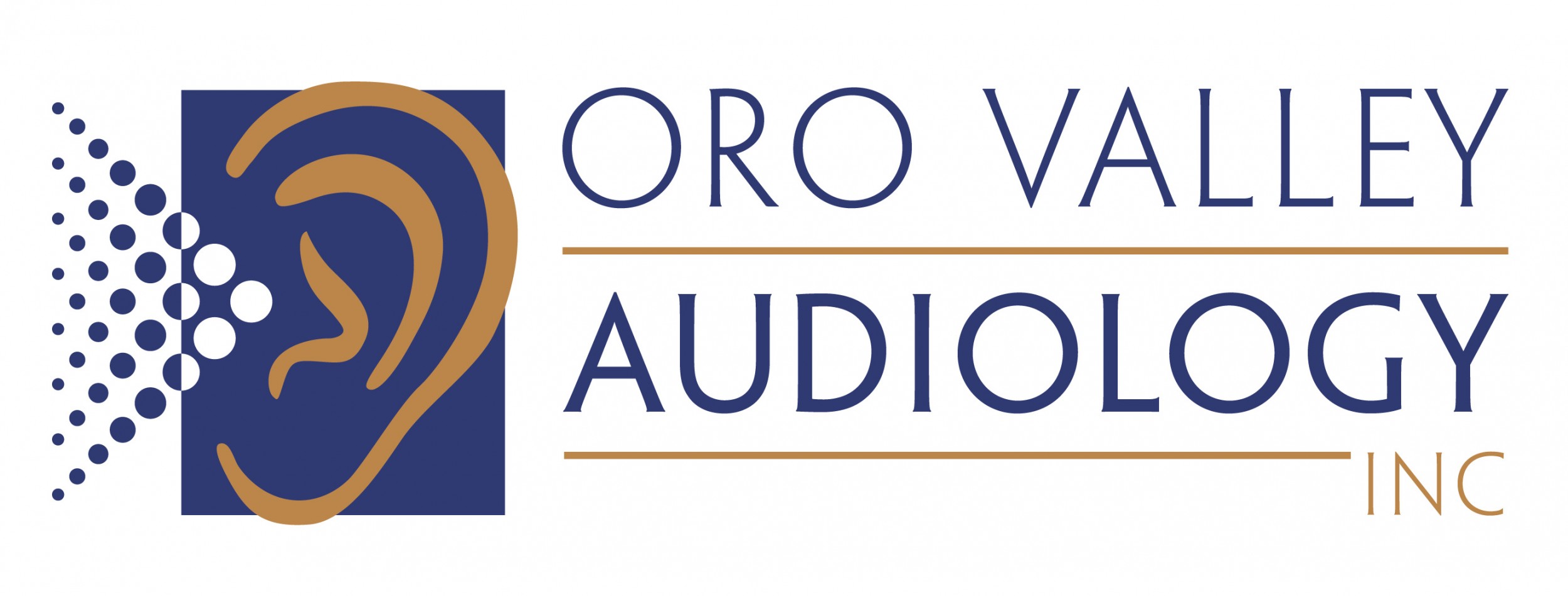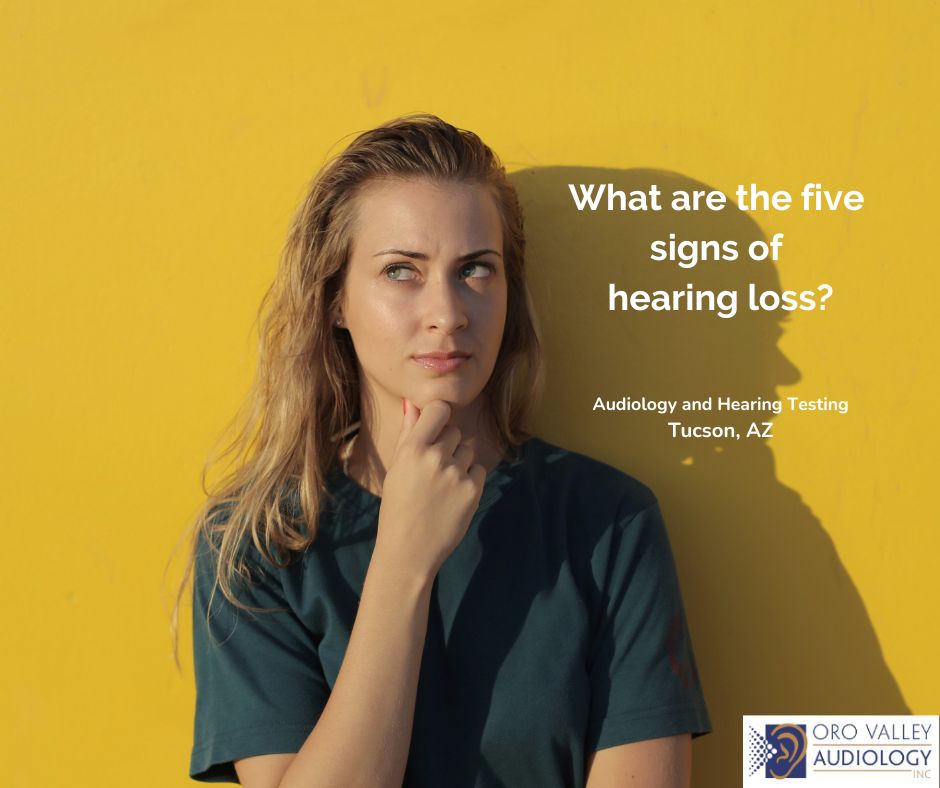The National Institute on Deafness and Other Communication Disorders estimates that 25% of persons aged 65 to 74 have hearing loss (NIDCD). Hearing loss is a result of both aging and repeated exposure to loud noises, and the signs of hearing loss may vary per individual.
The total or partial impairment to hear in one or both ears is referred to as hearing loss. Usually, hearing loss develops gradually over time. Being familiar with the early signs of hearing loss helps promote hearing health and prevents complications.
The ears’ ability to conduct sound may also be temporarily compromised by other conditions, like excessive ear wax.
In most cases, hearing loss is irreversible but there are several approaches that can help improve hearing.
When should you visit an audiologist and what are the five symptoms of hearing loss?
Too loud for comfort
It’s not uncommon to increase the volume while watching certain scenes in movies or TV shows. However, you might need to have your hearing evaluated if you find that you need to increase the volume level frequently or if you notice that people in the same room as you are cringing because the sound is too loud. Having trouble hearing clearly on the phone is also one of the common signs of hearing loss.
Hearing challenges in noisy situations
Experiencing difficulty hearing in noisy environments are also one of the warning signs of hearing loss.
Individuals with high-frequency hearing loss are more likely to have trouble hearing in noisy environments. You may have hearing loss in the high frequencies and problems with auditory processing.
Schedule a consultation with an audiologist if you are experiencing something unusual or bothersome with your hearing.
Tinnitus
Since tinnitus noises are not triggered by external stimuli, they are often unnoticeable to other people. Tinnitus is a condition that 15% to 20% of people report having, with elderly people being especially susceptible.
Tinnitus may stem from an underlying illness, such as hearing loss brought on by aging, ear trauma, or issues with the circulatory system. If the underlying cause of tinnitus is addressed or if additional interventions are used to cover up or lessen the noise, tinnitus may improve.
In older adults, tinnitus can occasionally be the initial indicator of hearing loss. Some medicines may also trigger tinnitus so make sure to take note of any medication you are taking when you experience sudden ringing in the ears accompanied by hearing loss.
Speech and sound distortion
If you have allergic rhinitis or a cold, sounds may seem distorted or muffled. However, If you don’t have a cold or allergies, but you notice that sounds and speech seem distorted or muted, you should get your hearing evaluated by an audiologist.
One or both ears may have muffled hearing; it can start suddenly or develop gradually over time. Conductive hearing loss, which occurs when sound waves from the middle and outer ear cannot move through to the inner ear, is often characterized by muffled hearing.
Obstruction of the ear canal brought on by impacted earwax may be the cause of hearing distortion. An audiologist can examine your ears to see if there are any anatomical impediments that might be impairing your hearing.
Listening fatigue
Hearing, understanding, and speaking are all functions of the brain. The inner ear’s sensory hair cells are in charge of converting the noise that the outer ear collects into electrical impulses that are then transmitted to the brain via the auditory nerve.
Hearing loss can be mentally taxing because it forces the brain to work harder to interpret the information it gets from the inner ear. The brain becomes stressed and eventually exhausted when hearing loss is prevalent because the brain must compensate the loss and work harder than usual to interpret the information. Listening fatigue strikes those with hearing loss harder and more quickly than those with normal hearing.
Experiencing signs of hearing loss?
Consult with an audiologist and get a hearing evaluation. Early detection of any hearing problems allows for prompt treatment and intervention, leading to better outcomes. It enables audiologists to identify the type and severity of hearing loss, assess any underlying causes, and develop personalized treatment plans.
Oro Valley Audiology provides comprehensive hearing care from audiologists in Tucson, AZ. Contact us to be connected with Tucson’s expert audiologists.


